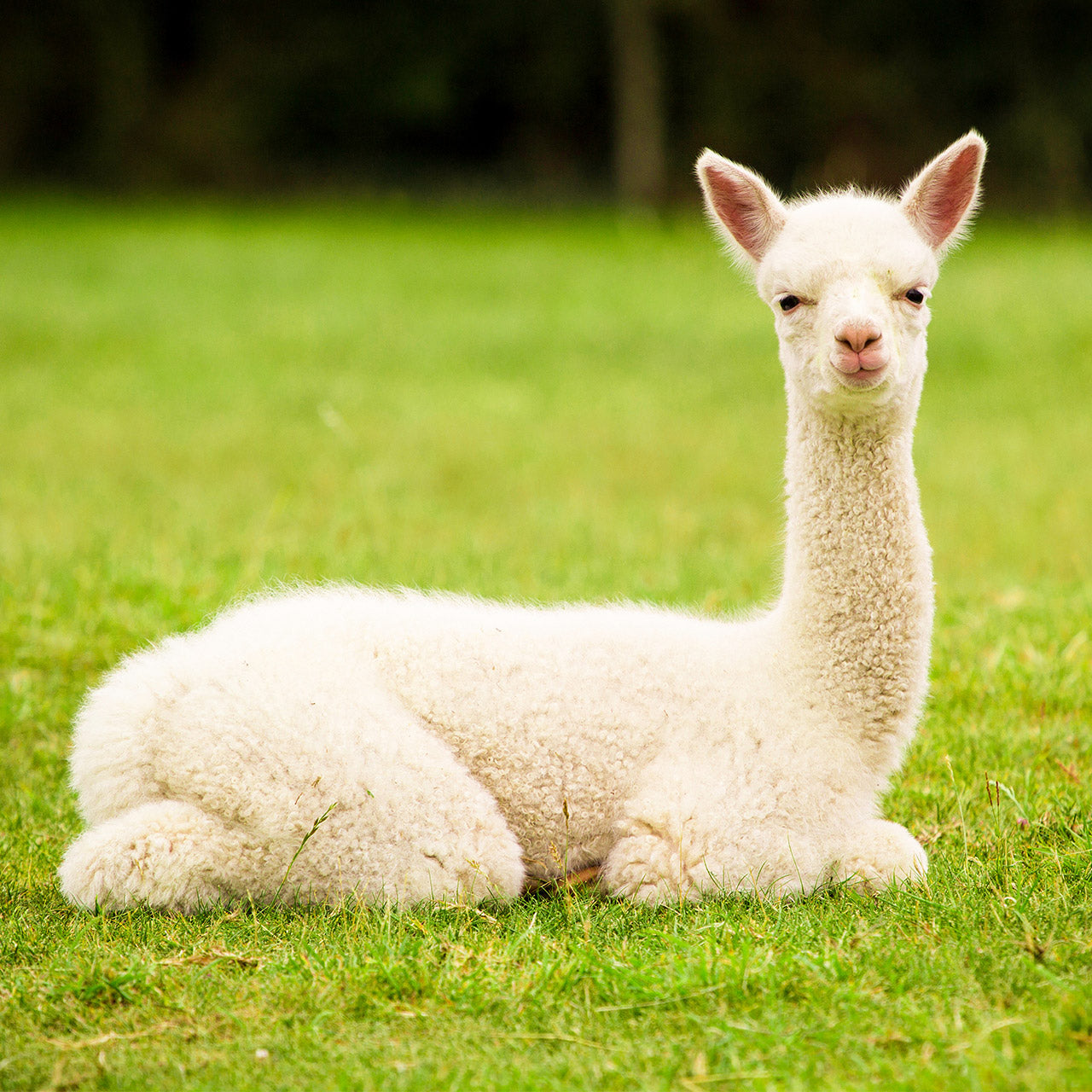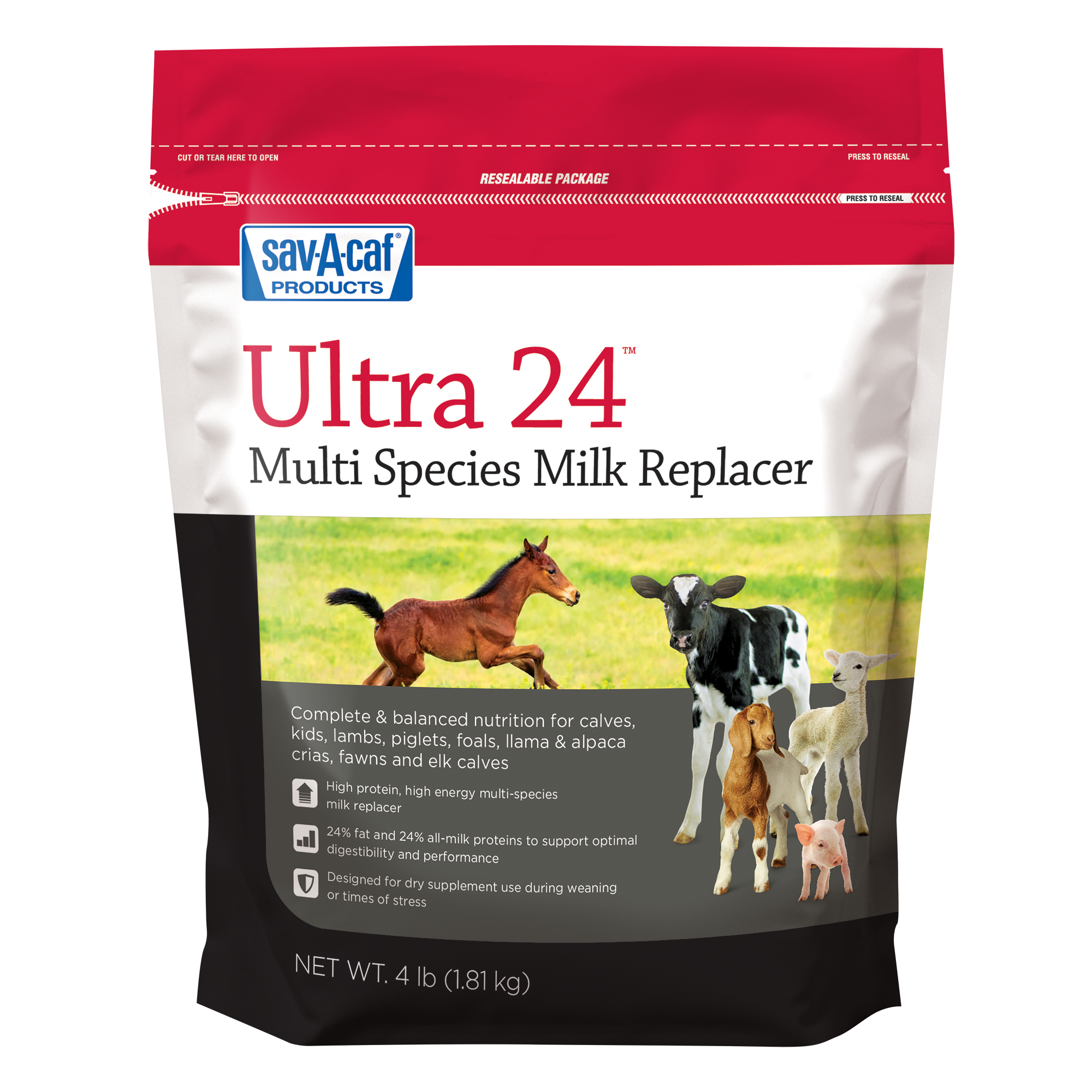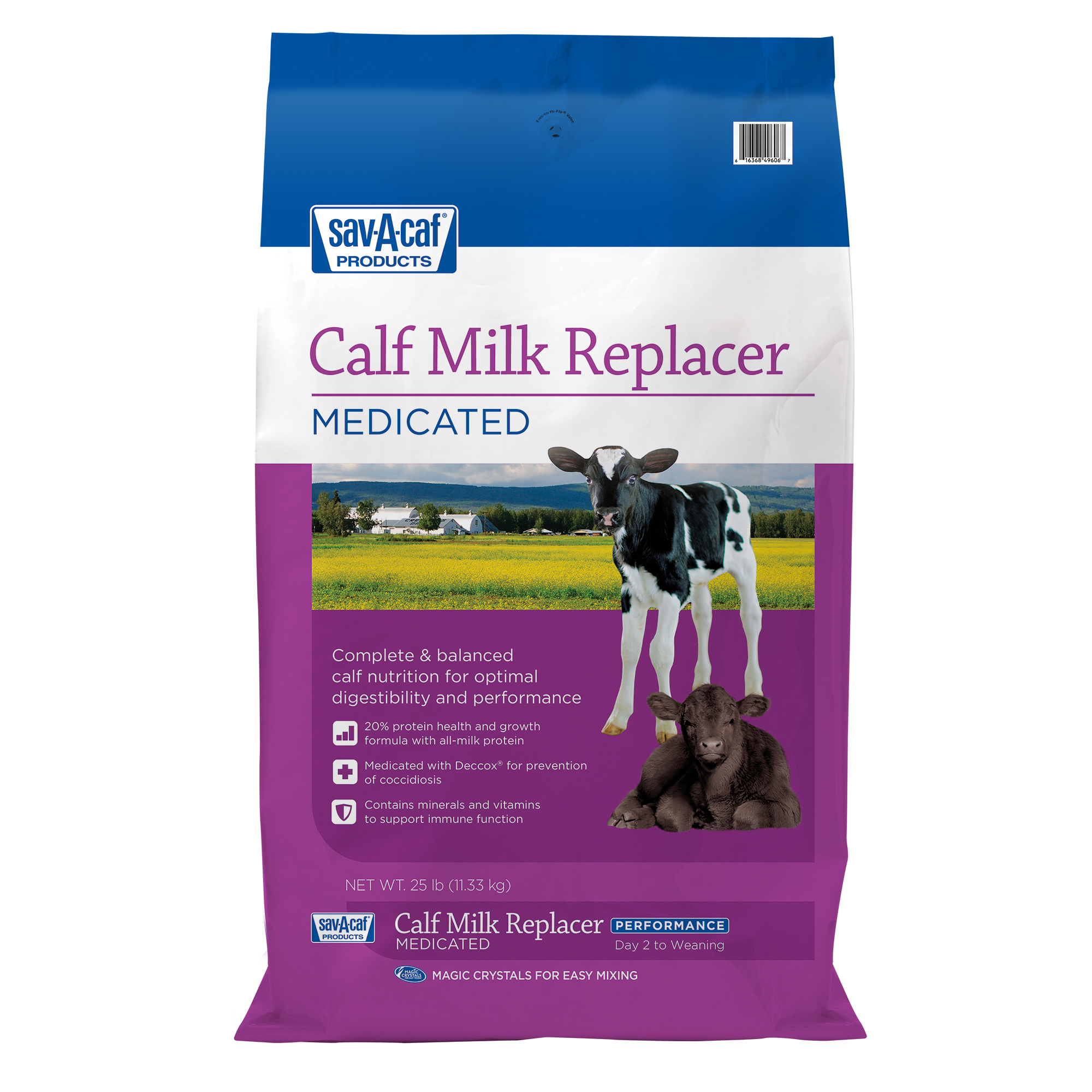
Tips to help protect your crias from illness
Once in a while, illness can impact your cria, even when they are being well cared for. When this happens, consult your veterinarian as they are the best source of information and advice for caring for sick animals.
Fortunately, there are steps you can take to prevent illness in your animals, such as feeding and mixing their food correctly. Here are some tips to help keep your cria healthy.
Mix accurately and feed adequately
Always make sure to follow the mixing instructions listed on the package. Measure the powder by weight with a scale instead of measuring by volume with a scoop or cup. Measuring by weight is much more accurate.
Mix until the powder is fully dissolved. If you are mixing large batches for multiple crias, add the powder before you add all the warm water at 115-120 degrees Fahrenheit. Then, add enough water to bring to volume to achieve the intended nutrient content.
Recommended mixing temperature will vary by product formulation, so it’s important to follow the instructions on the package of the milk replacer product. Around 102 degrees Fahrenheit will encourage optimal consumption.
Cleanliness is key
The sanitization of your equipment is most important when it comes to keeping your cria from falling ill. Bacteria grows very quickly on feeding equipment so wash your bottles, nipples and buckets in soapy water and rinse well after every feeding.
Allow your equipment to dry completely between feedings, because moisture creates an optimal breeding ground for bacteria. In addition to this, never mix new colostrum or milk replacer with already-mixed product that has been unrefrigerated for a period of time.
Check bottle nipples often for damage that could lead to over consumption or faster-than-usual feedings. This can cause digestive upset.
Replenish nutrients and encourage hydration
A common condition crias can develop is scours, or diarrhea. When this occurs, it is important to ensure they are consuming enough nutrients and staying hydrated. They may benefit from additional calories to help fight off the infection causing the scours.
Help them reverse fluid and electrolyte losses by feeding them an additional electrolyte supplement. Just remember that electrolyte supplements do not contain all the nutrients of milk replacer and will need to be offered in addition to the cria’s normal diet.
Get more care and nutrition tips for your crias and follow My Farm Journey on Facebook and Instagram for additional insights.



